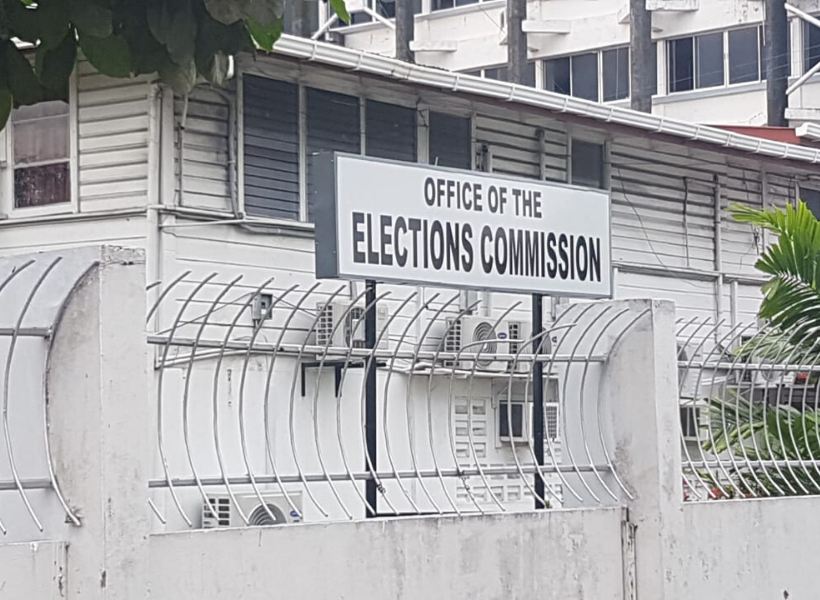Technical experts at the MAN Energy Solutions workshop in Germany have confirmed that Exxonmobil’s move late last year to increase production levels beyond 120,000 barrels of oil per day was not responsible for its has compressor system malfunctioning again.
Confirming this today was ExxonMobil Guyana’s Public and Government Affairs Advisor, Janelle Persaud. The Exxon official noted that the confirmation came following a detailed inspection that was carried out as repairs and upgrades on the Liza Destiny compressor continue.
Based on reports received from the experts, Persaus shared that at the time of the incident with the compressor, it was only operating at 70% of its design capacity. Speaking to the issue that occured with the equipment, Persaud said, “Axial vibration of the compressor rotor was the initiating event of the technical issue experienced on January 27. The resulting vibration within the compressor was the cause of the mechanical seal failure initially reported.”
Further to this, Persaud shared that production optimization is a normal process for operations around the world. A comprehensive safety evaluation took place prior to the optimization process.
ExxonMobil Guyana maintains a high level of safety, which is a core value at all of our operations and facilities.
As the teams work to complete repairs as quickly as possible, Persaud said that ExxonMobil continues to safely manage production and flare levels on the Liza Destiny floating production storage and offloading (FPSO) vessel.
Contrary to the criticisms of some critics such as former Head of the Environmental Protection Agency (EPA), Dr. Vincent Adams, Persaud said that ExxonMobil Guyana complies with the conditions of the Liza Phase One environmental permit which was issued by the EPA. She noted that the permit prohibits routine flaring but specifies that flaring related to FPSO start-up, emergencies/process events, or maintenance activities are not considered routine. “We are disappointed at the issues we have encountered with the flash gas compressor that led to flaring more than we had planned,” the Damage Control Advisor expressed.
Further to this, Persaud said that her company does keep spare equipment in Guyana to support maintenance activities, including the seals for the flash gas compressor which had failed at the end of last month. Persaud noted however that the company’s initial examination determined that the necessary repairs required equipment and expertise at the manufacturer’s workshop in Germany. She added that ExxonMobil last year had ordered a new spare flash gas compressor, but it will not be available until later this year due to the complex nature of the equipment.











